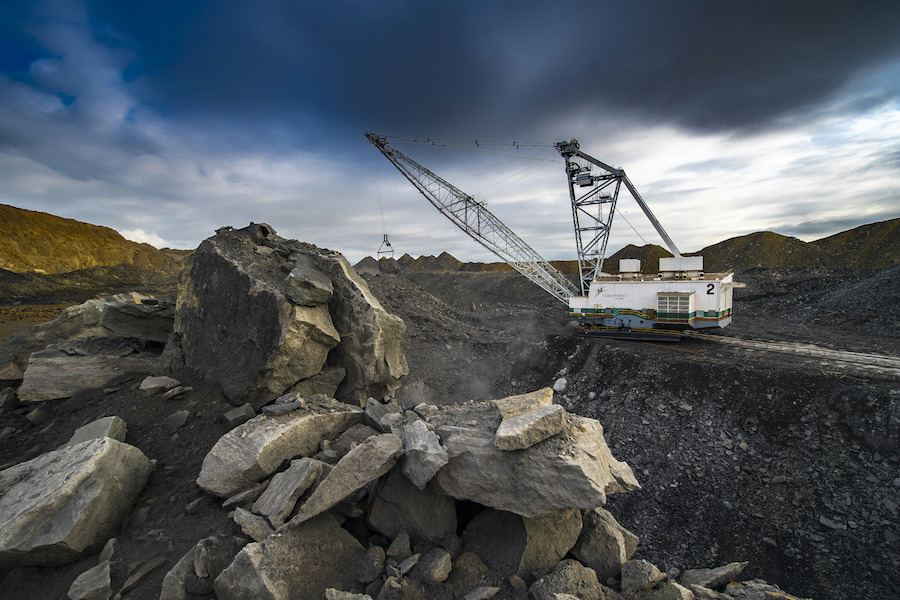Revenue rose 114% to $21.7 billion and profit attributable to shareholders climbed to $5.2 billion, compared with $471 million in H1 last year. It means that Anglo American more than double what it made in 2020 as a whole.
In line with its objective of maximizing shareholder returns, the company declared dividends of $3.1 billion, or $3.31 cents a share, including a $1 billion special dividend and $1 billion in share buybacks.
“The first six months of 2021 have seen strong demand and prices for many of our products as economies begin to recoup lost ground, spurred by stimulus measures across the major economies,” chief executive Mark Cutifani said. “The share buyback should tell you that we don’t think this is as good as it gets.”
“The platinum group metals and copper – essential to the global decarbonization imperative as we electrify transport and harness clean, renewable energy – and premium quality iron ore for greener steelmaking, supported by an improving market for diamonds, all contributed to a record half-year financial performance,” Cutifani noted.
News of Anglo’s dividend follows rival Rio Tinto’s (ASX, NYSE, LON: RIO) posting a record $9.1 billion dividend, thanks to improved demand from China and strong prices for iron ore, one of its key commodities.
ESG issues
It also comes against the backdrop of an ongoing class action suit brought on behalf of over 100,000 members of the community of Kabwe, Zambia, against Anglo American South Africa.
International human rights lawyers published a statement asking Anglo American to back its public commitment to Environmental, Social and Governance performance (ESG) with actions.
“Anglo has repeatedly said it takes ESG seriously, vowing to support human rights and be accountable to communities, yet its denial of responsibility for the health crisis in Kabwe is at odds with this stance. We call upon shareholders to continue asking serious questions about the true cost to communities like Kabwe of Anglo’s financial gains,” said Richard Meeran, partner and head of the International Department at Leigh Day.
“Anglo would far sooner distribute its profits amongst management and the Board than look after communities blighted by its operations.”
Lawyer Zanele Mbuyisa, Partner at Mbuyisa Moleele
“Anglo would far sooner distribute its profits amongst management and the Board than look after communities blighted by its operations,” noted Zanele Mbuyisa, Partner at Mbuyisa Moleele.
The company reiterated its commitment to carbon neutrality across its operations by 2040. Anglo has consistently been offloading coal operations since 2014. Together with announcing its intention to spin off its South African unit last year, it made the decision to sell Cerrejón, its thermal coal subsidiary in Colombia.
It also said discussions over potential increases in taxes and royalties in Peru and Chile, where Anglo has many of its copper operations, were more “sensible” than initial proposals.
Lawmakers in Chile are discussing an opposition-sponsored bill that could see taxes on miners jump by up to 75% depending on the price of copper, the country’s key export. Peru’s new president Pedro Castillo, in turn, has vowed to squeeze more money from miners.
When Cutifani joined Anglo in 2013, Peru’s then president Ollanta Humala “was supposed to be extremely lef-twing, and we ended up having a very constructive relationship. And I am hopeful that’s where we will end up with Castillo as well,” Anglos’ boss said, adding that he is already engaged in conversation with Peru’s new leader.





